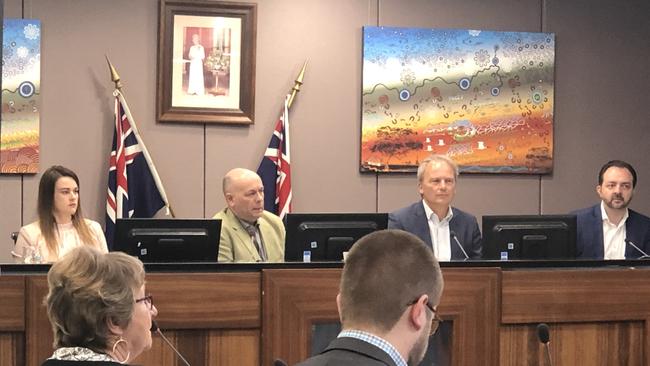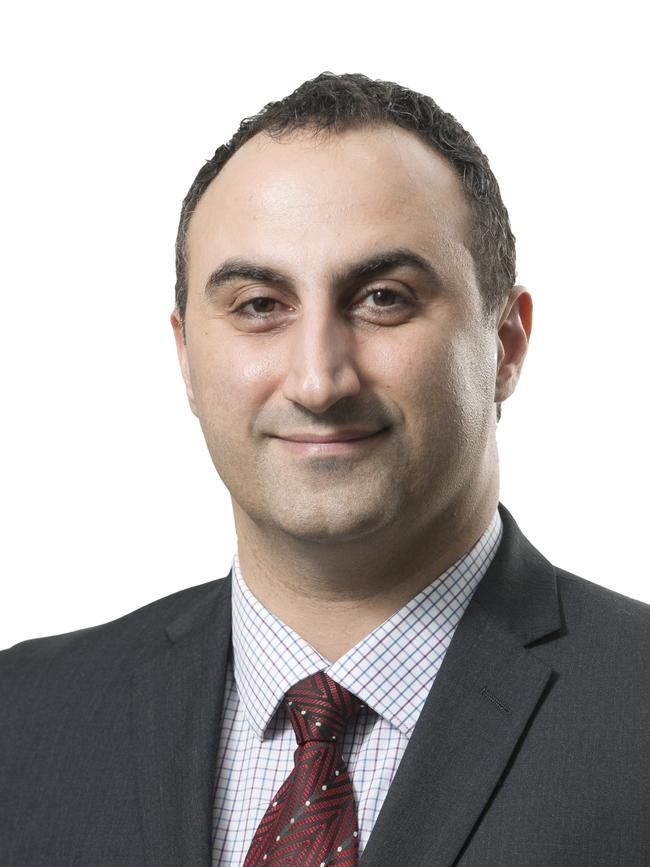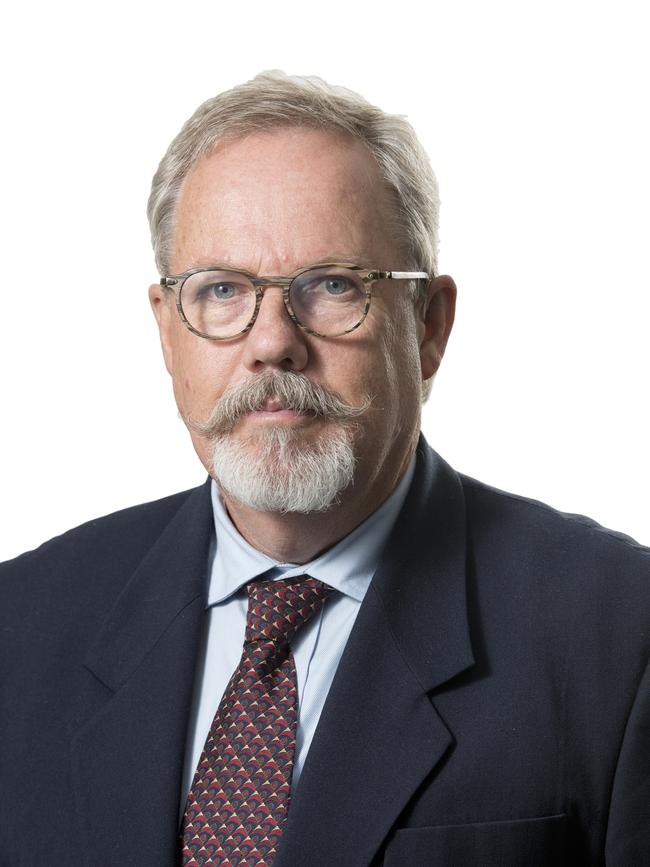Marion Council will not record its confidential discussions because elected members are afraid of being sued
Marion Council will not record its confidential discussions because elected members are afraid of being sued for their comments.

West & Beaches
Don't miss out on the headlines from West & Beaches. Followed categories will be added to My News.
- $7m soccer complex at O’Halloran Hill given the green light
- How to get the most out of your Advertiser digital subscription
Marion Council will not record its confidential discussions after most elected members decided it would be too risky.
Councillors voted to continue their practice of stopping all recording once the council goes behind closed doors.
Marion is one of the few South Australian councils that records its meetings and publishes the audio on its website.
But, at present, recording stops when the council shifts into a confidential session – during which, to avoid being overheard in the foyer, members do not use their microphones.
A recent upgrade to the audio system in the chamber, however, has made it possible to capture all discussion, regardless of whether microphones are being used.
That means comments made behind closed doors could be recorded and potentially made public, if the item was released from confidence.
At their last meeting, the majority of councillors argued that recording private and often sensitive discussions could stymie debate, for fear of subsequent legal action.
Unlike state and federal politicians, councillors do not have parliamentary privilege in the chamber to prevent them from being sued for defamation but do have qualified privilege.
Therefore, said Cr Jason Veliskou, they ran a “huge risk” if they recorded confidential discussions.

“We all need to be very careful,” Cr Veliskou said.
“You will be opening a Pandora’s box and members may regret the assertions they have made.
“It may be populist to say we will have no discussions behind closed doors but on those few things (that) we have to go behind closed doors, I think it is important that we don’t have to censor ourselves or stifle our discussion.”
Cr Tim Gard said he “regretfully” had to agree due to the “anomaly” of not having parliamentary privilege.
But Cr Bruce Hull was in favour of recording the lot, saying elected members had the same legal responsibilities nonetheless.

“Often, once those doors are shut and the gallery is excluded and the media is excluded the tone of the meeting deteriorates and the accountability deteriorates as well,” Cr Hull said.
“I don’t think our behaviour and the way we interact should be any different if the doors are closed or open.”
He also raised concerns that elected members could be told “anything” by staff because there was “no record” or “accountability”.
“I could write a book about what we have been told from consultants (and) council staff that turned out to be baloney,” he said.
“I think there should be some record.
“In terms of being sued, whether the doors are open or closed, your accountability is the same and you should be very much aware of that.”
Cr Hull was backed only by Cr Matthew Shilling, who said he had “no issue” with his comments being made public.
However, the rest of the council ultimately voted to oppose the recording of sessions held in confidence.
